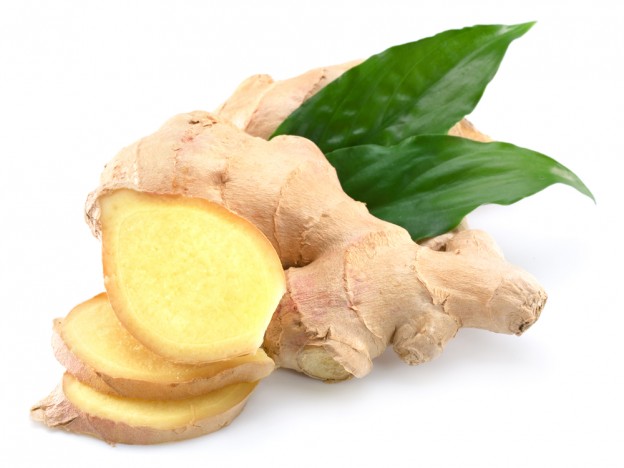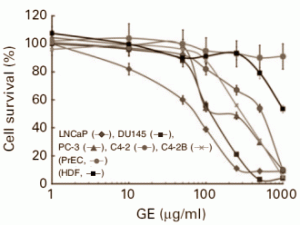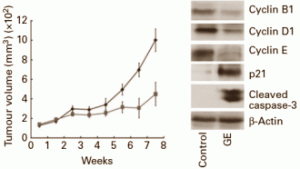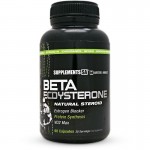By Admin – Steroidal.com
Ginger extract has been getting more popular as an ingredient amongst dietary supplements recently, due to its effects boosting testosterone and its wide variety of therapeutic qualities.
According to the National Library of Medicine, ginger is widely used throughout the world for treating loss of appetite, nausea and vomiting, nausea resulting from cancer treatment, flatulence, stomach upset, morning sickness and motion sickness. Other medical and therapeutic uses are; bronchitis, coughs, arthritis, menstrual cramps and muscle pain.
Apart from ginger increasing testosterone levels, there isn’t a lot of data supporting the fact it enhances performance, or is a bread and butter muscle builder.
However, its no secret anabolic steroid users may experiences a host of side effects, including; acne, aggression, liver and kidney damage, testosterone suppression, loss of libido, hair loss and prostate enlargement.
Prostate enlargement is a steroid side effect, mostly associated with the use of dihydrotestosterone (DHT) derived anabolic steroids, Anavar, Winstrol and Masteron, but more recent research points the finger at estrogen playing a role in benign prostatic hyperplasia (BPH). Put simply, when the prostate enlarges and cells replicate and proliferate, the risk of prostate cancer increases. As males age, the prostate will grow and the risk of prostate cancer will increase dramatically.
It may not be all bad though, as ginger extract may be able to help stop prostate cancer, and that’s what we’re going to look at today.
The study was done in August 2012, at the Georgia State University in the United States, and looked at what effect ginger extract had on prostate cancer cells in mice [1].
At first the US researchers did experiments on prostate cancer cells in test tubes. When the cancer cells were exposed to concentrations around 100 microgram/millilitre of ginger extract (Zingiber officinale), the cancer cells died. They found this was explicably linked to the cancer cells as healthy prostate cells [PrEC] and human primary fibroblasts [HDT] did not die.
Following on from their experiment on test tubes, they decided to implant human PC-3 prostate cancer cells in mice. For eight weeks, some of the mice were given 100mg ginger extract per kg bodyweight, whilst other mice were given nothing acting as a control. What they found was the ginger extract halved the speed of the growth of the prostate cells tumours.
The US scientists also found the ginger inhibited proteins responsible for the synthesis of cancer cells. The ginger extract inhibited the synthesis of Cyclin B1, D1 and E. These cyclines are proteins that direct the development of cancer cells.
The ginger also boosted the concentration of two proteins that are active when cells commit suicide. Cancer cells deactivate these suicide proteins, p21 and Caspase-3, but ginger reactivates them.
Other dietary supplements and anti-oxidants that can help against prostate cancer are fish oil supplementation and lycopene, found in tomatoes and watermelon [2,3]. In other animal studies, broccoli can aid in the prevention of prostate cancer [4].
References:
[1]. Br J Nutr. 2011 Aug 18:1-12
[2]. Int J Cancer. 2007 Jan 15;120(2):398-405.
[3]. Cancer Res. 1999 Mar 15;59(6):1225-30.
[4]. Cancer Res. 2007 Jan 15;67(2):836-43. Epub 2007 Jan 9.









